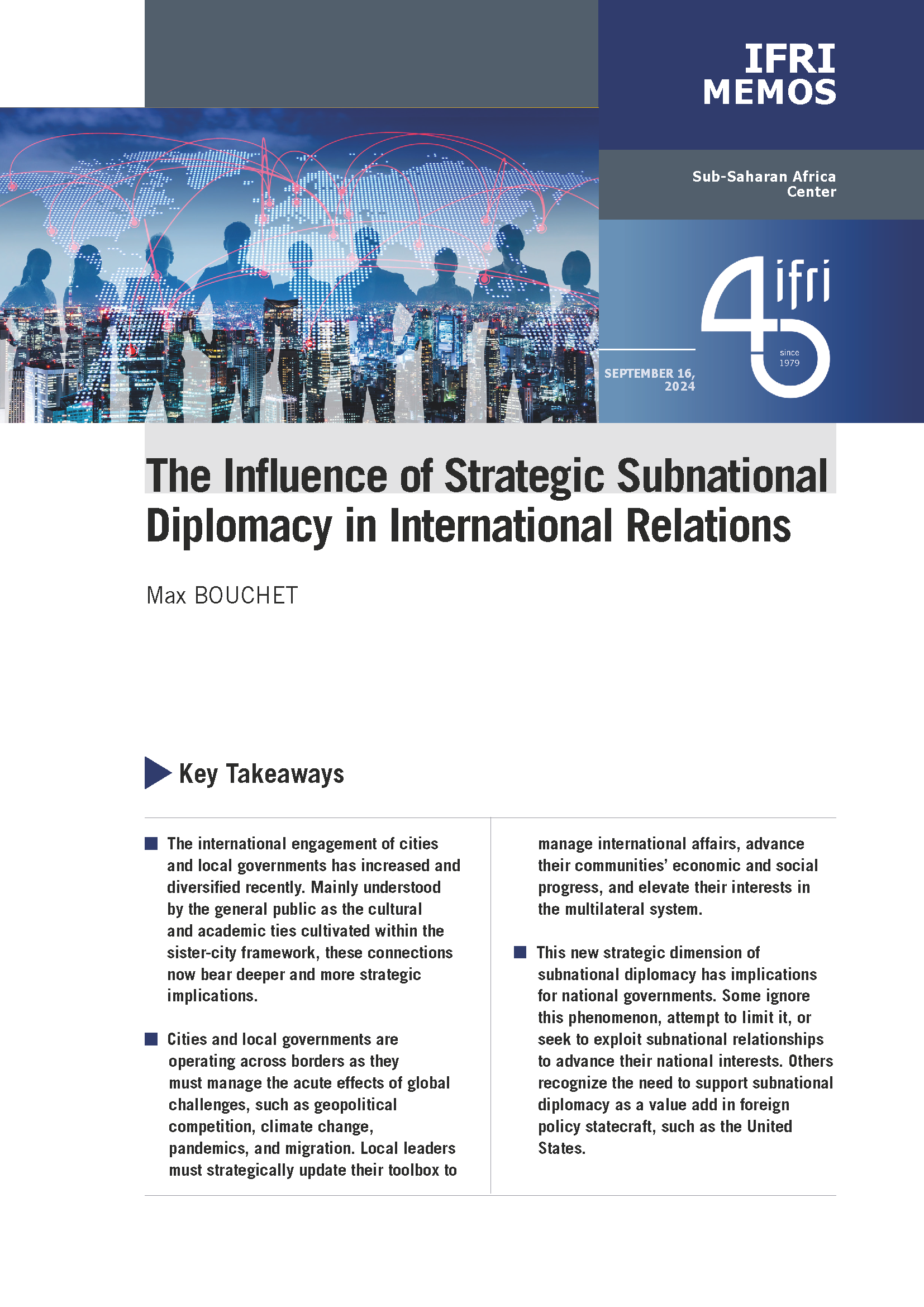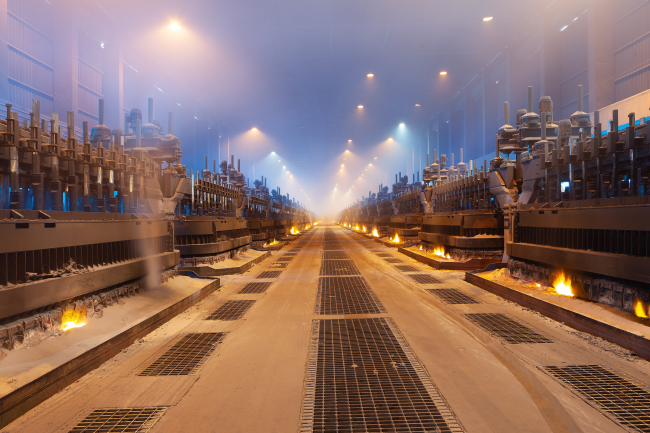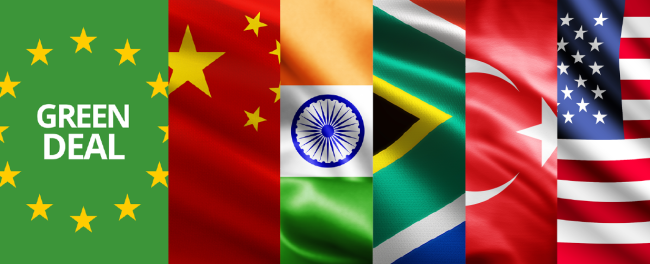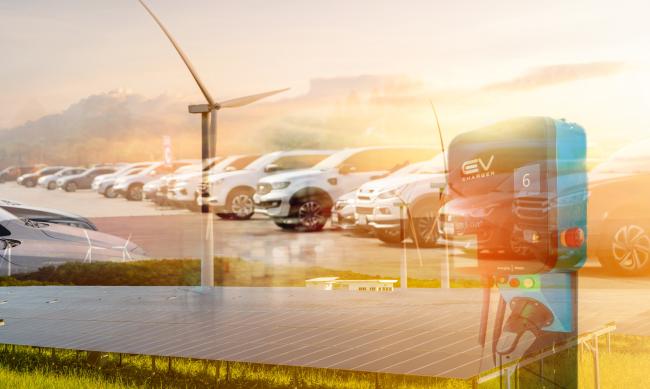EU Council Feb 4: Strength in Unity

Community officials and heads of EU states and governments will meet this Friday February 4, 2011, at a Council called by President Herman VAN ROMPUY, to address energy security. There are many critical topics that could be on the table, but there is some considerable risk that the events in Lebanon, Yemen, Egypt, Tunisia and now Jordan could hijack the agenda. That would be unfortunate, as the problems in those countries are precisely why the Council should stay focused on energy and the growing European vulnerability to what happens in world energy markets.
Many of the documents circulated by the Commission over the last months, including those of the Third Energy Package are targeted at doing just what needs to be done inside the Community to provide a maximum of resilience to exogenous events occurring beyond its borders. The single greatest contribution to European energy security would be a well-integrated, dynamic, transparent, competitive internal market.
That is anything but the case now.
Electricity prices for the same class of customer vary widely across Europe. Gas prices for households can vary as much as 300 percent. Feed-in tariffs for renewable sources of electricity have no consistency, regulations on pipelines and power lines bear no resemblance. Companies start and stop at borders and there are islands of isolated gas and electricity consumers at regional, national and sub-national levels. Not even electric plugs are standardized.
A recent Concept paper in Germany targets an 80% share of renewable electricity by 2050 and an 80% reduction in GHG emissions. This would require heavy reliance on offshore wind and substantial imports of electricity that would have to come from renewable sources such as biomass. In Germany, nuclear power is a bridge with a start and a finish. Just over the border, the Netherlands have renounced support for offshore wind as too expensive, cut the renewable budget by two thirds and are looking again at nuclear power. Further south, the Italians will hold a referendum on nuclear power. Will that consolidate the move towards authorizing new nuclear build or stop nuclear dead in its tracks again? Meanwhile, to meet demand, Italy is gasifying its power sector. France is doubling its gas-fired power or more in part to back up the increasing wind power arising from its generous subsidies to a proven technology. And beyond these four, there are 23 other totally different national energy policies in place.
A half day meeting can’t really hope to get very far with as much as there is to do. But much of the right thinking is behind a multitude of energy and energy related activities across the Commission - reflected in the many documents, proposals, communications, regulations, etc.
But all that Community-level work will come to naught if the leaders of the 27 do not come to the firm conclusion that their energy security interests can only be met by real market integration including prices, grids, regulations, collective energy frugality and more. Making a political commitment to that end would certainly accelerate the design and implementation of the means. But leaders will need to do more that announce this conclusion at the end of the day, they need to take the commitment home and make it happen.

Also available in:
Regions and themes
Share
Related centers and programs
Discover our other research centers and programsFind out more
Discover all our analysesThe Aluminum Value Chain: A Key Component of Europe’s Strategic Autonomy and Carbon Neutrality
The United States of America (US), Canada and the European Union (EU) all now consider aluminum as strategic. This metal is indeed increasingly used, especially for the energy transition, be it for electric vehicles (EVs), electricity grids, wind turbines or solar panels.
The EU Green Deal External Impacts: Views from China, India, South Africa, Türkiye and the United States
Ahead of June 2024 European elections and against the backdrop of growing geopolitical and geoeconomic frictions, if not tensions, between the EU and some of its largest trade partners, not least based on the external impacts of the European Green Deal (EGD), Ifri chose to collect views and analyses from leading experts from China, India, South Africa, Türkiye and the United States of America (US) on how they assess bilateral relations in the field of energy and climate, and what issues and opportunities they envisage going forward.
Electric Vehicles: A Strong and Still Understated Performance
Electric vehicles (EVs) are better for the climate – even in worst-case scenarios. Across its life cycle, a typical European electric car produces less greenhouse gas (GHG) and air pollutants or noise than its petrol or diesel equivalent. Emissions are usually higher in the production phase, but these are more than offset over time by lower emissions in the use phase. According to the European Environment Agency’s report on electric vehicles, life cycle GHG emissions of EVs are about 17-30% lower than those of petrol and diesel cars.
How Can the Green Deal Adapt to a Brutal World?
The European Green Deal has not been planned for the current extraordinarily deteriorated internal and external environment. Russia’s war in Ukraine, higher interest rates, inflation, strained public finances, weakened value chains, and lack of crucial skills pose unprecedented challenges.












